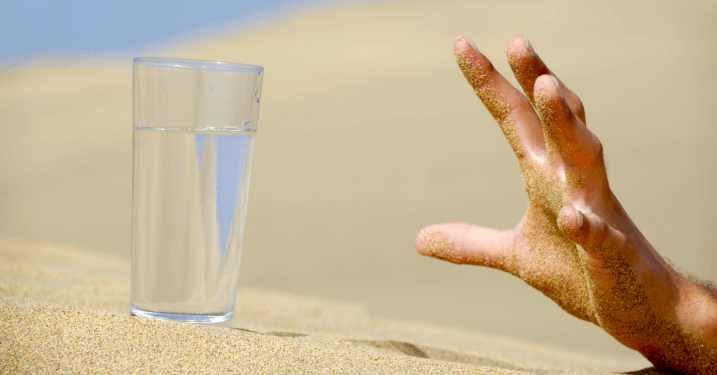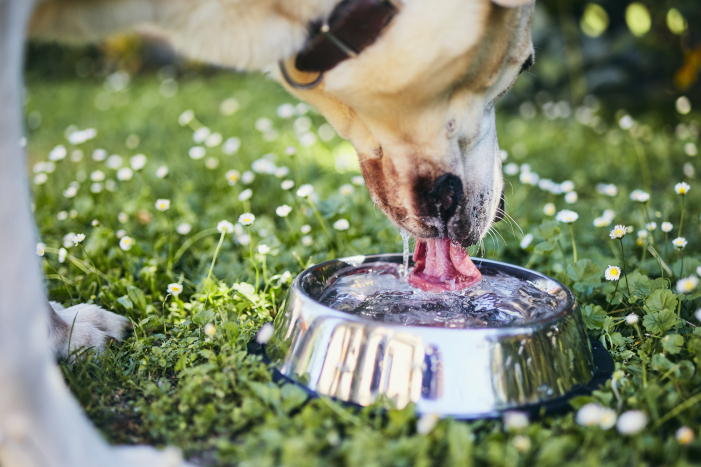Athletic performance is enhanced for many competitive and amateur athletes who understand and know that subtle changes in pH can have profound effects on the overall health and performance of any athlete. Within our bodies pH design, our muscles are designed to work best in a narrow range of pH. When the muscle is at rest, the internal pH is around 6.9, while arterial blood is always around 7.365.
While we exercise and our muscles work, we increase the use of muscle glycogen consumed for energy, which results in the production of surplus acids (lactic and pyruvic) and CO2. As result of this increased acid and CO2 level, our muscles pH begins to drop and once below 6.5 pH, the muscle becomes unable to function. The harder we exercise the faster our muscles become acidic and as our muscles drop closer to 6.5 pH, we experience muscle fatigue. Our bodies are designed to maintain a proper pH balance but during strenuous exercise, lactic and pyruvic acids along with CO2 are being produced faster than the body can effectively buffer.
An Alkaline Antioxidant Water regimen helps to maintain optimal blood and muscle pH levels when the body is in a resting or low activity state. By starting at an alkaline state, effective performance times are increased and the longer it takes for muscle fatigue (low pH) to set in. Re-hydrating with Alkaline Antioxidant Water during and after a exercise helps the body buffer the excess acids being produced by the muscles, extending peak performance times and reducing recovery times.
In addition, a study was conducted in 2016 analyzing the effects of high-pH Alkaline water on blood viscosity in healthy adults. The participants hydrated by drinking either alkaline water or standard water. The researchers found that the blood viscosity, or blood “thickness,” of participants who drank alkaline water after exercise was lower than those who drank standard water thus indicating that those who drank alkaline water were more effectively hydrated.
More specifically, the blood viscosity of those who drank alkaline water dropped by 6.30 percent compared with a drop of 3.36 percent in those who drank standard purified water.
In other words, in exercisers, the alkaline water that they drank during the recovery phase made the blood thinner, which is a positive indicator of hydration status. These results lend support to the claim that alkaline water helps you hydrate better after exercise.
Competitive bodybuilder, Wade McNutt, credits the use of Alkaline Antioxidant Water for motivating him to come out of retirement. He says he has increased his training volume by 2.5 times with decreased recovery time and no muscle soreness. In his opinion, all sports teams should be drinking alkaline water because it will reduce injuries and recovery times and allow for more efficient training and performance. https://liveright.world/shop/pure-hydration-alkaline-water-ionizer/







I have a Pure Hydration unit and have been drinking the water for nearly 3 months. While I’m not a competitive athlete, I do notice the difference in my workouts when I don’t get my daily allowance of alkaline water. I was skeptical at first but I’m a real believer now.